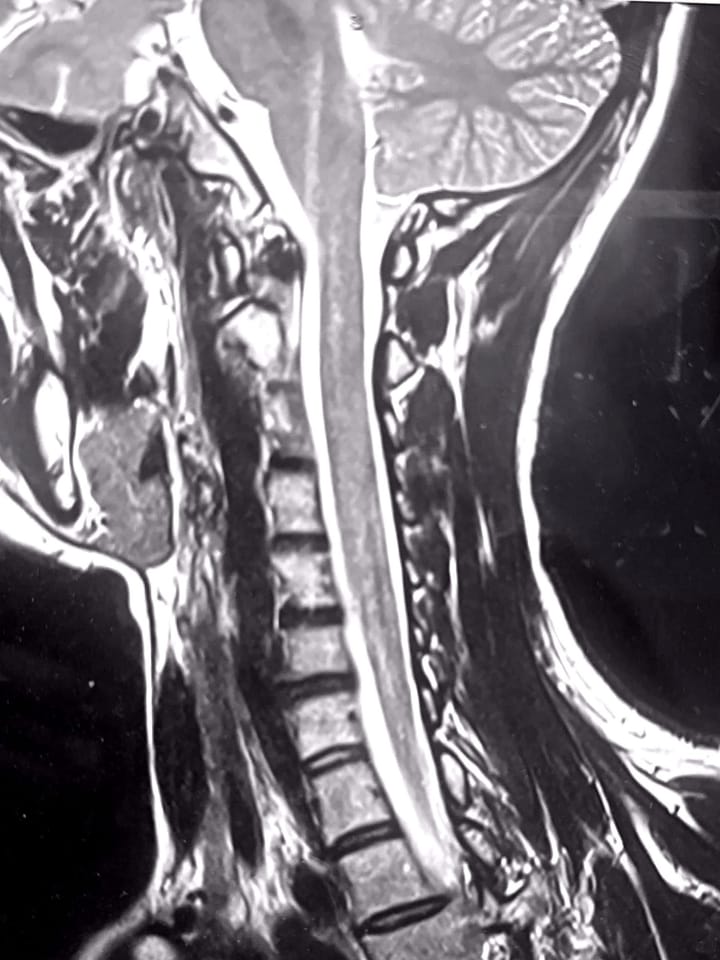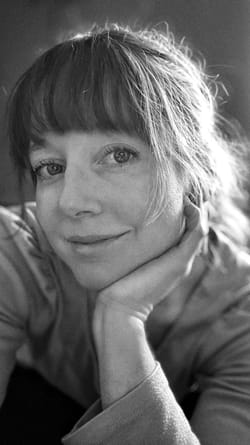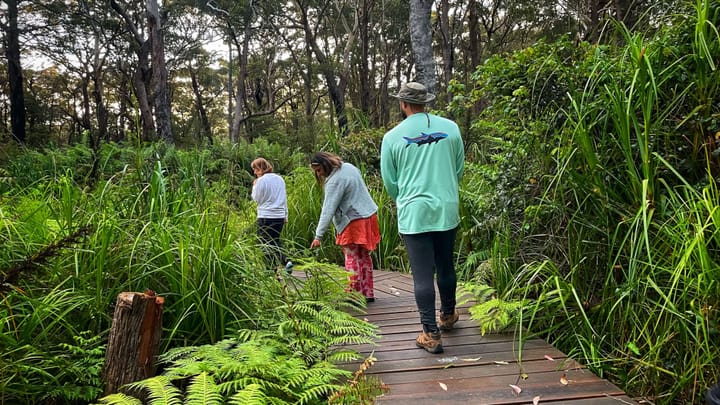I've been largely pretending I'm fine. I'm not.
I'm currently losing my teeth.
It sounds melodramatic. It is, and it's not. I've got four back teeth that are all "on borrowed time" (dentist's prognosis), a sentiment I very much identified with in my body as a whole about three years ago when I began this crazy journey, and am now being forced to reckon with once more.
My teeth, my otherwise perfect teeth, with no cavities, are cracking.
Because, subconsciously, I am clenching my way through life.
"Are you very stressed?"
Gulp. I was. Am I still?
This is what has been weighing on my mind these past few months, after a tumultuous July, where I ricocheted from appointment to appointment while dentists, endodontists, and prosthodontists tried to figure out where exactly my pain is coming from, given that I've got two teeth right next to each other that are crumbling from the force of my bite.
I went through a procedure to fix it, but it's been a few months, and it's still there. Which means one of two possibilities: that the problem actually is both teeth, not one, and the second tooth needs to be treated too – or that the treatment to the tooth we thought was the source of the pain was insufficient, and the tooth has to go.
This acute pain turned chronic that seems to be befuddling all the experts is enough to make anyone spin out, but for me, it's territory I know all too well. For years doctors struggled to find the source of my abdominal pain, as they put me through tests and procedures to try to resolve it. And the echoes in this experience with my teeth are dredging up doubt about whether over these last few years I've actually healed. Because ultimately what I discovered to be the source of my abdominal pain a few years ago – chronic stress – is what the dentists are saying is the culprit now.
Is this old damage? Am I paying now for too many irreversible years of my body internalizing stress?
Or, when I stopped internalizing stress in my gut – did it simply find another outlet in my jaw?
The pain in my teeth bothers me, but what bothers me more is not knowing whether I've already solved the root cause of the issue, because getting to the root cause is what will determine the fate of the teeth I have left.
Nervous system dysregulation will slowly kill you, wear your body down until the systems that keep you alive collapse.
Trauma hides in the body, under the guise of protecting you. Your body activates fight or flight mode to save you when it sees a threat. This is good. Except the trouble is that my body sees threats everywhere. And being in a constant state of stress wears down your parts. I'm like a flashy new sports car, but when you look underneath, the tires are worn, the brake pads are nonexistent, and the engine's misfiring, because living with trauma is like slamming the pedal to the floor, and riding the brakes to compensate.
How many times do you have to replace the brake pads before you realize there's something wrong with the person driving the car?
But doctors don't treat trauma. They treat its symptoms. And so, they are going to fix a tooth, and maybe many teeth, unless I can fix my pain.
Teeth clenching – like trauma – is largely subconscious. So I meditate. Meditation helps make the subconscious conscious. But, as I admitted earlier this year, I have been struggling with falling out of my practice, and back into old ways of being. Hence, my doubt.
I am still gripping the steering wheel of life when I'm wearing a seat belt, and I know how to drive.
You don't get more teeth.
You don't get another body.
Every time I have another surgery, another procedure, it feels one step closer to death. Actually, that's not quite how it feels. It feels like a little piece of me is dying. It feels like a version of me has already died. My identity, my body parts, the grief I am feeling over these teeth is that I am losing the constant of me.
The thing is, we all are.
I was on a podcast for the disability and chronic illness community recently talking about this.
Every moment, we are changing. Change contains the duality of loss and creation, death and birth.
Right now, a piece of you is dying, whether you notice it or not. Health issues call our attention to the death, because we feel the experience of pain and loss in our body.
The loss of self calls to mind a paradox known as "The Ship of Theseus."
Let's say you have a ship. And the hull breaks, so you replace it. And the engine breaks, so you replace it. And over time, every single piece of the ship gets replaced, so that no part of the ship is actually made up of the original ship.
Is it still the same ship?
There's a popular – but untrue – saying that the human body regenerates itself every seven years. It's untrue, because there are cells in your eyes that last a whole lifetime. Many of the neurons in your brain last a whole lifetime too. But the point behind the saying is this: where does this idea of "me" as a fixed being come from, if most of my parts are changing?
Am I my eye cells, or my neurons? But even eye cells are not constant, they change their shape and grow. Neurons form new connections throughout life. So even in their fixed presence, they are changing too. To bring it back to the ship: let's say you take the metal from the steering wheel, melt it down, and re-create a new shape with it, like a door handle. What looked like a steering wheel and now a door handle is actually metal. So if the eye cells and neurons are like the steering wheel, what is the thing beyond them, the metal, that is actually changing shape?
What is it that is constant, that is undeniably you?
And yet, to you, and to me, I am still "me" – no matter how many of my parts are taken away and replaced, no matter how much I change. I've changed so much, in fact, that earlier this month the DMV system flagged my photo as "not me" and yet, you and I know I am me.
Knowing this doesn't make me feel better about the parts of me I am losing.
"You could try Botox, to relax the jaw, or lifestyle changes, but you are presently on a path to replacing all four of these teeth."
"Do you have a stressful job?"
"What do you do?"
It is not what you do that matters. It is how you do it.
Earlier this year I went through a certification program as a trauma-informed coach. I've just completed a 200-hour meditation teacher training. It surprises me how so many of the answers to these doctors' questions about the body lie in a mind that they seem to know nothing about (and now I do). It saddens me how our (Western) medical systems are not set up to see patients holistically. My health outcomes have been undoubtedly adversely affected by this system.
I'm telling you about this now, but what I haven't told you is that the series of appointments I had in July was just my latest spin on the medical merry-go-round. I've been dealing with this tooth pain for two years.
Two. Years. For two years, I've chewed on the opposite side of my mouth. For two years, multiple doctors have not been able to identify the source of the pain.
Am I my pain?
If you change the job, if you change the city, if you change the relationship – are you still you?
Will I ever know an existence free from physical pain?



